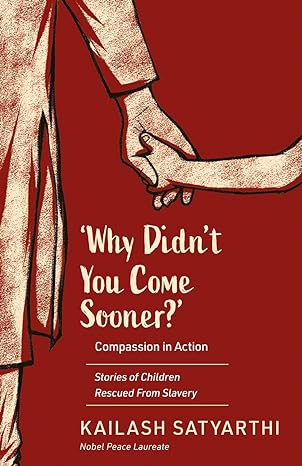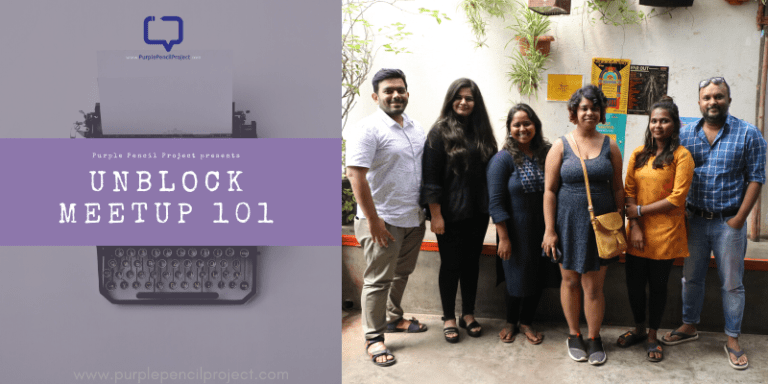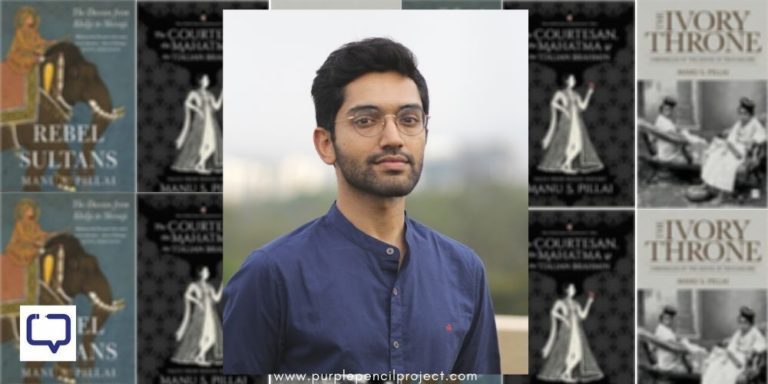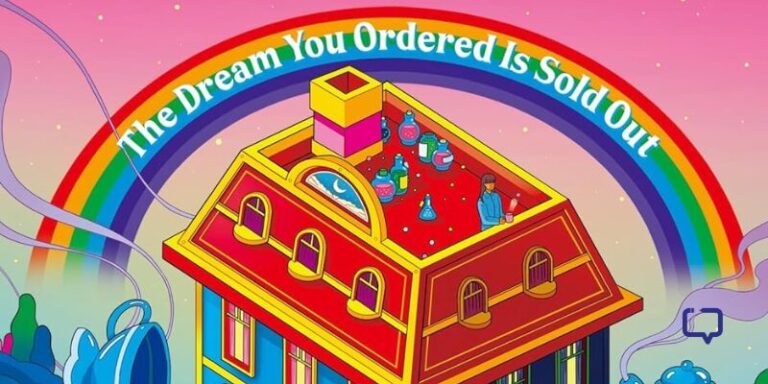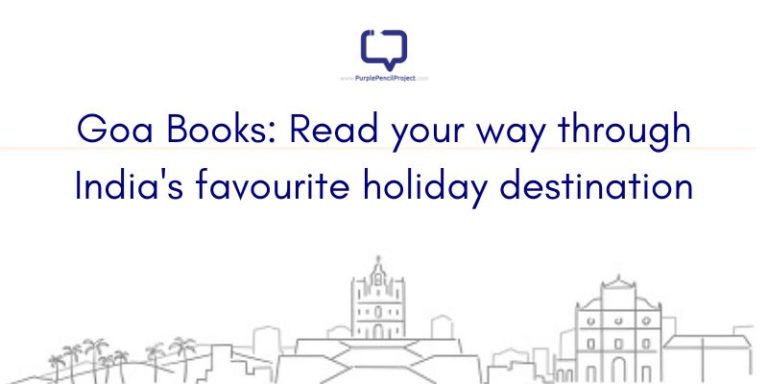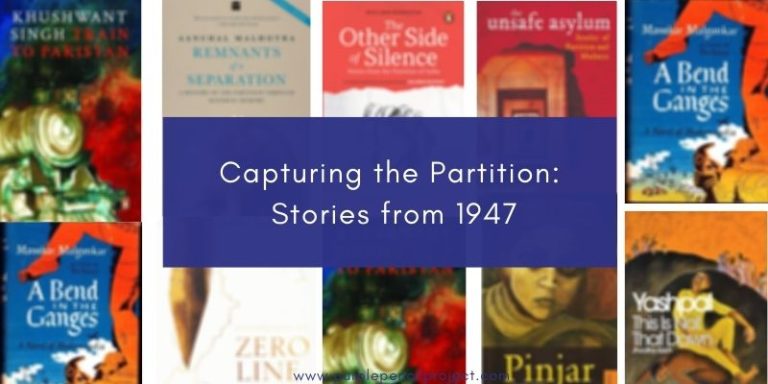Elsa Mathews reviews Kailash Satyarthi’s book that brings the stories of children rescued from slavery closer home.
While there is no dearth of reports by NGOs, international organizations, and government agencies on the prevalence of child slavery, trafficking, and labour, its circumstances, and statistics, it is the real stories of those rescued from child slavery that the world needs to hear to drive the point home. “Why Didn’t You Come Sooner? Stories of Children Rescued from Slavery” by Nobel Laureate Kailash Satyarthi brings forth the true stories of children rescued from slavery.
We encourage you to buy books from a local bookstore. If that is not possible, please use the links on the page and support us. Thank you.
Kailash Satyarthi’s Writing
Written in a simple and approachable style, the plight of children trapped in poverty and, subsequently, slavery, is brought forward by the stories of 12 children, each poignant in its own way. Not only does each chapter tell the personal tragedy of the children rescued from slavery but also highlights the challenges faced by Satyarthi’s Bachpan Bachao Andolan (BBA) in rescuing children or helping them find their original families.
For example; Pradeep, a boy who was considered an ill omen for his drought-stricken village and was about to be sacrificed on the suggestion of an exorcist. Pradeep escaped the execution, however with a grievous injury on his head. Taken for dead he was abandoned in a jute bag in the forest.
The next day it was discovered by a man who, with the help of some others who had gathered, opened the bag to find an unconscious Pradeep. He was rushed to the nearest hospital and from there to the district hospital in Ajmer.

However, after treatment, Pradeep did not have any recollection of his past. In the absence of family members, Pradeep was taken care of by a local tea seller, who employed him and was later brought to BBA. After some time it was found that Pradeep belonged to a family of barbers in Northern India. Soon the activists at BBA were able to identify Pradeep’s village near Ajmer.
However, when the activists reached the said village and identified the family, they denied knowing Pradeep and a crowd gathered asserting that no child had disappeared from the village. They then attacked the activists and accused them of being child kidnappers. It was after several years that Pradeep went to stay with his family, albeit not easily.
Stories and Characters
What further makes the stories endearing is that they give voice to the children, with Satyarthi only serving as a narrator in each case. The emotional and intellectual journey of each child has been described as candidly as possible by the writer, taking the reader through their trajectory as they embrace freedom.
At moments they impress us with their honesty as in the case of Kalu, who after being rescued from a carpet factory, stood before then-President Bill Clinton and asked,
“But there are 250 million children across the world who are still exploited as child labourers. They aren’t as fortunate as me. Please tell me what are you doing for them?” and later, “Does one really need to be the president of the United States of America to do something to end child labour.”
Why Didn’t You Come Sooner? by Kailash Satyarthi
The experiences of the kids as they are taken to foreign countries for events provide some light-hearted moments as they come face to face with new technologies. Like Omaanku or Om Prakash, who had been rescued from agricultural child labour, who was once taken to Japan for an event, where became petrified by the automatic doors that opened and closed, and later became curious about the technology. Kalu, who travelled to the USA in an aeroplane, had his doubts.
Recommended Reads:Bikram Sharma: A Gutwrenching tale of childhood, memories and heartbreaking grief
“I managed to enter the aeroplane, but my heart was beating fast inside my chest. I kept wondering how this huge machine would fly. And if it stops mid-way, would we be left hanging in the air?”
Why Didn’t You Come Sooner? by Kailash Satyarthi
While the book deals with a serious issue that needs immediate global attention, Satyarthi’s writing makes it a light read, sans jargon and unwieldy statistics, bringing the lives of children rescued from slavery, closer home.







